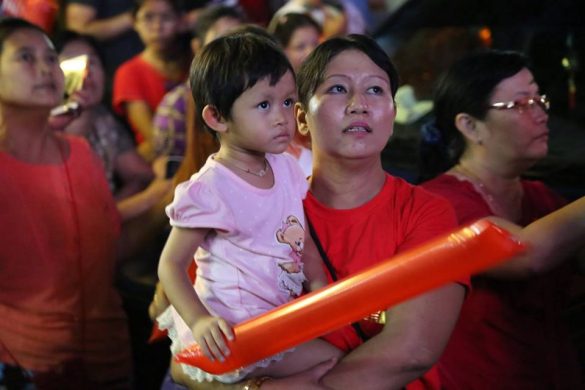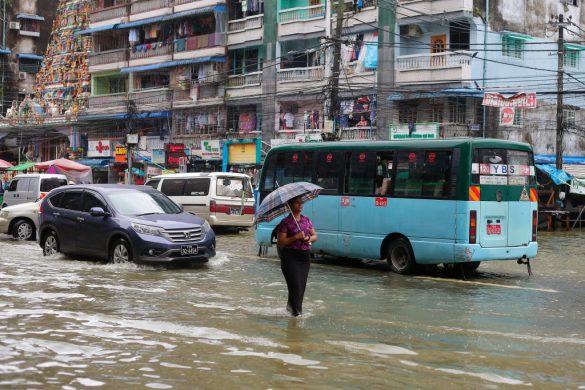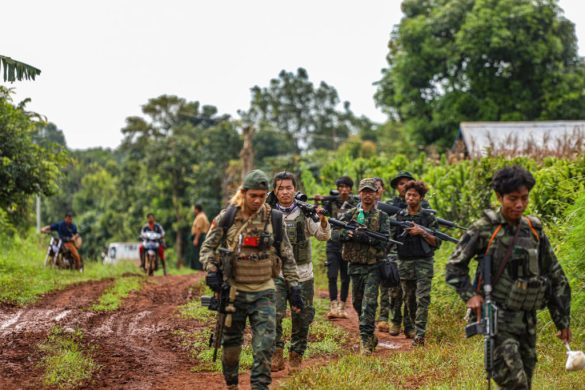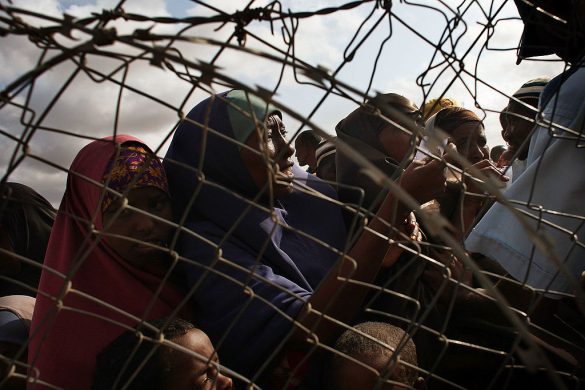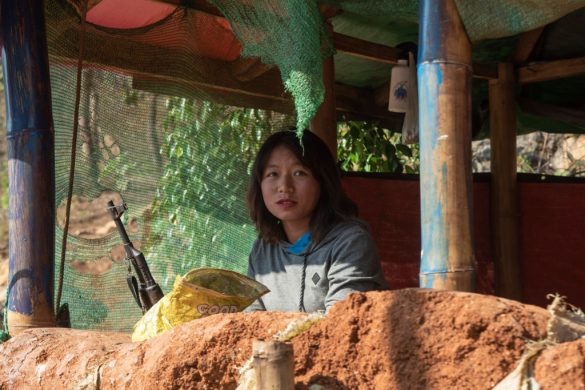Some of the remaining political detainees were quickly released, and several oppressive and outdated laws have been repealed or are being amended.
Change without turmoil
Perhaps the most important observation, however, is that Myanmar has passed through a year of considerable uncertainty and change with no major political turmoil.
This appears to have amplified longstanding tendencies, leading her to concentrate power in her own hands and delegate little. She is state counsellor, foreign minister, president office minister and in personal charge of the peace process and addressing the situation in Rakhine state.
Relations with the military
While there have been no major failures, there have been missteps, including on the peace process and Rakhine state, both of which relate to a failure to appreciate the complex details and a lack of consultation in advance of announcing important decisions or initiatives.
It is essential for the success and stability of the transition that cooperative relations with the military are maintained, and more broadly that the military sees some benefits from the substantial concessions it feels it has made.
Western countries should be frank
The government must find ways of moving the peace process forward, addressing the situation in Rakhine state and continuing the delicate process of rebalancing external relations, particularly vis-à-vis China.
The international community can help in several ways. Western countries are rightly giving the government strong political backing, but should not shy away from offering frank and honest advice.
Financial and technical support are much needed, though there is significant risk of uncoordinated aid projects and overlapping and inconsistent technical assistance overwhelming government capacity and potentially doing harm.
Donors also need to keep in mind that projects should be carefully designed and closely monitored to reflect that the state and government remain absent or contested in many conflict-affected areas.

